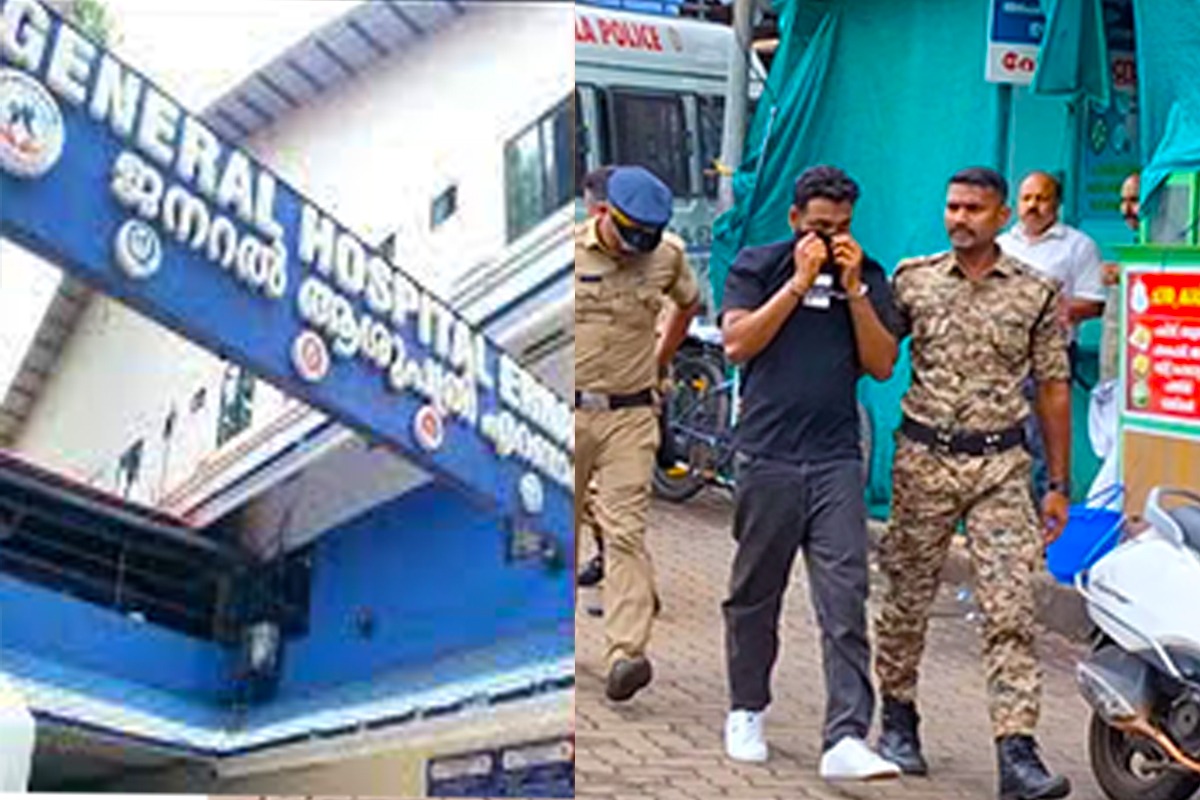KOCHI: Shocking revelations were unearthed after the arrest of a Thrissur based youngster who is a member of an international organ trafficking racket which has trafficked several youngsters from Bangalore and Hyderabad to Iran. The racket is believed to have lured scores of people from financially weak sections to donate organs abroad.
As per the statements of the Sabith Nasar, aged 30, a few people who were taken to Iran for organ donation died there. Currently, the central agencies, including the NIA, are also investigating the case. One more person based in Kochi who has assisted Sabith is being questioned by the NIA officials in connection with the incident.
As per the officials, Sabith has confessed to the police that he himself has taken 20 people from India to Iran for organ harvesting. Officials have hinted that Sabith is a member of a major network that has operators not just in India, but also in many other countries including Iran.
ALSO READ: Cyber-attacks on Mammootty persist; politicians show support – THE NEW INDIAN
As per the remand report submitted in the court, Sabith told the police that he was part of a racket recruiting people from India for kidney transplantation illegally. “Youths from Hyderabad and Bengaluru were recruited to Iran as kidney donors,” said the report produced by the police before the Angamaly Judicial First-Class Magistrate Court on Monday.
The remand report further added that the recruited youths were admitted to a private hospital in Iran, where they donated kidneys to suitable recipients. They were then treated for three days at the hospital. Subsequently, the donors were provided a 20-day stay at a flat and then flown back to India.
The donors are paid up to Rs 6 lakh for the donation. The accused Sabith confessed that Shameer, a youth from Thirunellayi in Palakkad, had donated a kidney this way about six months ago, the report said.
Sabith told the police that he first acquainted himself with a Hyderabad native in connection with kidney donation for a Delhi native, and subsequently met others who took him into the organ trade.
The police have begun an investigation into these suspected persons. The police also suspect that Sabith recruited some migrant workers arriving in Kerala with fake Aadhar and other identity cards to Iran for the organ deal. Sabith has been charged under Section 370 of the IPC.
‘Iran government’s compensation scheme motivates organ trafficking’
As per medical experts, the Iranian government’s compensation scheme for organ donors and the legal backing it provides is probably one reason that has forced organ trafficking rackets to lure people from financially weaker sections in India and later transport them to Tehran.
“In 1988, Iran legalized living non-related donation (LNRD) of kidneys and established an associated transplantation system. This government-organized system regulated and funded the transplantation process and compensated donors,” mentions ‘Paying kidney donors: Time to follow Iran?’ a 2008 study published by Rupert WL Major in McGill Journal of Medicine. Iran is the lone country to have passed the LNRD scheme.
ALSO READ: Lok Sabha polls: Kerala sets a model in following Green Protocol – THE NEW INDIAN
A senior nephrologist based in a private hospital in Kozhikode on conditions of anonymity said that there is a huge demand for kidney in Kerala and India and the LNRD scheme is the resultant of the increasing demand for kidney.
“It’s a fact that there is a shortage for kidneys even in developed countries. There are several recipients waiting on the list. Most of them are from affluent backgrounds and are ready to shell out huge sums of money as it is all about survival. This is exactly where the exploitation begins. The situation persists in Kerala as well as in many parts of the country”, said the doctor to The New Indian.
In India, commercial dealings in human organs are prohibited under Section 19 of The Transplantation of Human Organs and Tissues Act, 1994, and punishes people involved in commercial trade of human organs with at least two years in jail.
The investigation agencies including the NIA have taken up the matter and have managed to figure out the operation model and the number of operatives in and outside Kerala.










